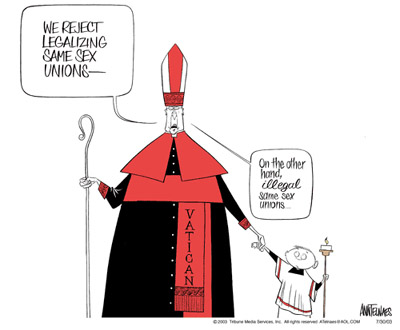
I'm guessing SRD is no great fan of Captain Kirk.
Moderators: Orlion, kevinswatch
So it's clear enough that SRD is inclined to sympathize with leftist formulae of history. Which is his right, but it factors into the subtext and symbolism of the novel.hil friedman: Dear Steve: As many GI-others have written, many deep thanks for the GI. I only hope that you gain as much as we, who are already way ahead from reading your books. Even in hardbook at full retail, the cost of a good book (or album) pales against its many rewards. (And that goes for "Mick" and Ginny too; without being silly, you cannot write too much for this reader).
Upon considering both your prior article and GI-answer, I agree both that "motivation" and "means" are the central issues concerning evil, and that what may appear external (LF, Sauron, etc.) is at least partly a reflection of our internal struggle with darker impulses.
My problem remains twofold. First, the personified evil, when we confront it during the story, usually threatens something akin to extinction, utter [unmitigated?] slavery, way more than a bad hair day. Granted, bad hair days don't make for terribly interesting books, but neither are our normal struggles typically life-threatening.
Second, referring to Marx, the process of personifying evil can lose evil's social dimensions (paraphrasing Marx, "We may make our own worlds, but not exactly as we might hope" [given that our visions of the new are tied to our experiences of the old, whether we know it or not].) In other words, there are few real people whose motivations, like LF's, threaten existence (although [V?]Pres. Cheney seems to be trying his best). And such motivations have a social (and not just individual) context that shaped and maybe ignored them, which is why they may have reached a cataclysmic state. (All of which are substantially addressed and explored in GAP.)
I guess what I'm saying is that fantasy (maybe all fiction, even nonfiction) in general can lose the "nurture" side of the balance, particularly when it comes to presenting evil, even when the focus of the story is an individual's struggle. That's why I'm so interested in the fantasy world itself--how it works, how its people subsist, how they govern themselves. And most important, how their problems arose and who's doing what about them, pro and con. Obviously this issue is even more complex given TC's other-wordly citizenship, though it seems that many of the purported values in the different worlds are similar.
As I write, I think maybe something to consider is (how's that for a passive weak construction to try to avoid being tarred as presumptuous) some added attention (which doesn't mean much) to the development of the Land's crisis during the long interim between TC's or LA's last visit, and why the Land's folks failed to fix it--in other words, what Anele and the SoL really symbolize besides one person and a nice stick. As Marx also discussed, there may be so-called great people, but neither they nor those they seek to vanquish come from nowhere. Leaving this one behind, I guess where I come down is that evil or anything that can truly threaten reasonable existence (apart from the random, such as a wayward asteroid) has a history which stems from that same existence, and almost no one, for better or worse, is irreplaceable.
Finally, and continuing to speak of evil, in this era of U.S.international warmongering and torture, including Pentagon-planted stories in Iraq and domestic spying and legal attacks on whistleblowers at home, two suggested nonfiction reads: for us almost oldtimers, Bertram Gross' 1980 "Friendly Fascism" remains eerily prescient and relevant, and; Univ. CO Prof. Fred Anderson's 2005 "Dominion of War...North American Empire from 1500 to 2000." Anderson's book, organized around a series of biographical sketches (Samuel de Champlain, George Washington, Andrew Jackson, U.S. Grant through Colin Powell), argues that empire was inherent in America's birth and, like now, can have drastically bad consequences (such as the American-Mexican War leading to the Civil War). It's eminently readable, and a great refresher course on both U.S. history and the relationship between leaders (or at least important people) and their societies. As always, peace and prosperity.
________________________________
I'm posting this, not because it asks a question (it doesn't), and not because I have anything new to say on the subject (I don't: as I've said before, epic fantasy--as I write it--is intended to reflect an "internal" rather than an "external" reality, and such things as Personified Evil are intended as *aspects* of that internal reality rather than as direct depictions of (over)simplified evil), but because issues are raised here which deserve attention. There are times when I'm both gratified and humbled by how thoughtful (I mean full of thought) my readers can be.
(04/16/2006)

I don't think it's quite that clear, given the actual works. Just because one finds something thoughtful doesn't mean endorsement or whole-hearted agreement.Exnihilo2 wrote:
So it's clear enough that SRD is inclined to sympathize with leftist formulae of history. Which is his right, but it factors into the subtext and symbolism of the novel.